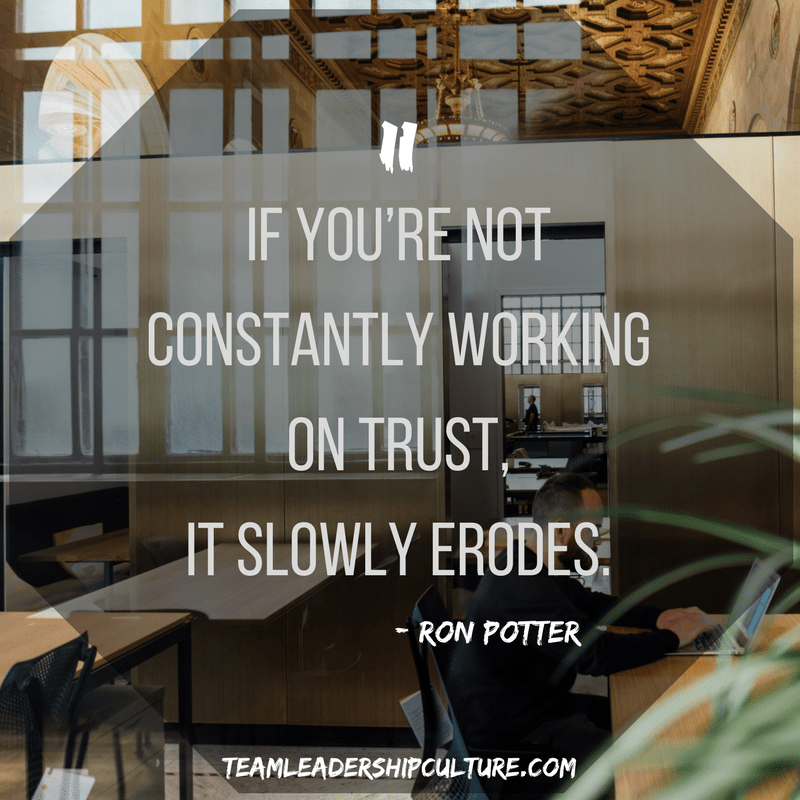Anyway by Kent Keith is a small quick read book. But, in spite of its small size, it is packed full of wisdom.
I’ll list all of the 10 Paradoxical Commandments here so that you can see all of them but then touch on a few that I believe are very powerful.
- People are illogical, unreasonable, and self-centered.
Love Them Anyway - If you do good, people will accuse you of selfish ulterior motives.
Do Good Anyway - If you are successful, you will win false friends and true enemies.
Succeed Anyway - The good you do today will be forgotten tomorrow.
Do Good Anyway - Honesty and frankness make you vulnerable.
Be Honest and Frank Anyway - The biggest men and women with the biggest ideas can be shot down by the smallest men and women with the smallest ideas.
Think Big Anyway - People favor underdogs but follow only the top dogs.
Fight for a Few Undergood Anyway - What you spend years building may be destroyed overnight.
Build Anyway - People really need help but may attack you if you do help them.
Help People Anyway - Give the world the best you have and you’ll get kicked in the teeth.
Give the World the Best You Have anyway
Love them, do good, succeed, be honest and grand, think big, fight for a few underdogs, build, help, give your best, ANYWAY!
So few of us do it anyway. There always seem to be obstacles in the way. I think some of the worst are personal fear and worrying about what others think. I’ve often heard “what will others think?” People who are driven by what others think never achieve their own satisfaction, desires, and goals. As the book says, people always look for ways of stopping you and criticizing you. Somehow it makes them feel better about themself or superior by stopping your goals and ideas even though they have either non or very small goals themselves.
Let’s take a look at a few of these that I believe have a major impact.
Do Good Anyway
The profound statement in this section is “People who act on their own selfish interior motives commonly accuse others of doing the same thing.”
I can’t say that I’m totally clear of selfish motives. But I accomplish enough things without ulterior motives that I’m always surprised that other people think I’m only doing things for selfish reasons.
My first reaction is one of total confusion and amazement. It seems the other person believes I’m doing something entirely for personal reasons when I feel that I’m doing something for the good of the whole or the benefit of another person. I’m totally confused and taken back. Then as I think about it, I realize that the person who thinks I’m doing something for selfish reasons runs their whole life on accomplishing things for totally selfish reasons. Because of this, they assume that everyone does things for selfish reasons and can’t even comprehend when someone is not driven by selfish reasons.
There is no way for them to understand doing something for the good of others because they would never think that way. Unfortunately, there are too many people in the world who think that way. It’s good for us to understand who they are, realize that they would never understand our motives, and do good anyway.
Think Big Anyway
Only a few people seem to think big. One of the reasons is that people don’t think of themselves as being “qualified.” I’ve gone through three different careers and have never felt qualified. Even though I had an engineering degree, it mostly taught me about the mathematics of engineering. I never felt “qualified” to walk structural steel 160 feet in the air.
My second career was developing a software company at the beginning of the microcomputer industry. I never felt qualified.
My third career was running a consulting business. I called it TLC (Team Leaders Culture). I never felt qualified to dispense wisdom in those three areas until a CEO client of mine told me one evening that I was good at all three (building teams by teaching leadership and transferring it down through the culture). But my real value was simply talking with him during our evening chats. I now felt qualified to simply talk with the client about any topic.
Living the Paradoxical Life
Living the paradoxical life finds great personal meaning in loving and helping others find meaning in their lives.




























